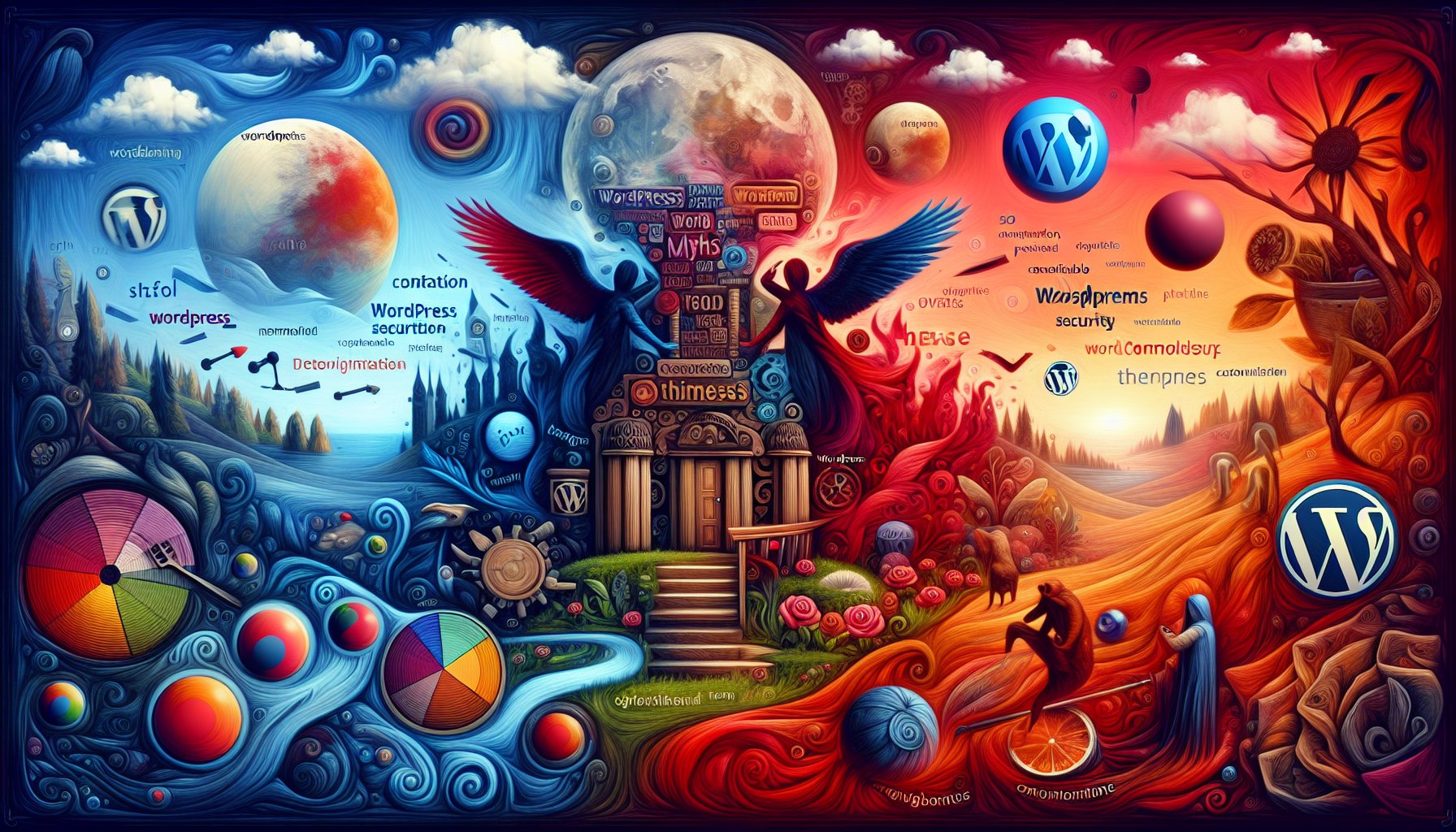WordPress Website Development
WordPress vs. Drupal: A Detailed Comparison for Developers in 2025
Explore the ongoing rivalry between WordPress and Drupal in 2025. Discover which CMS aligns with your project goals, from user experience to security, and make an informed choice for your web development needs.
Aug 26, 2025
5 min read

TLDR Summary
In 2025, the clash between WordPress and Drupal continues to shape the web development world. With WordPress capturing a whopping 43.6% of the web and Drupal championing complex, robust solutions, the choice between the two is less about supremacy and more about alignment with project goals. While WordPress basks in its user-friendliness and expansive plugin ecosystem, it's not without its pitfalls, including "WPDrama" and security headaches. Conversely, Drupal offers unparalleled customization and security, albeit with a daunting learning curve. As we peer into 2025, developers must consider evolving digital needs, from headless CMS trends to performance and security challenges, to craft compelling online experiences.
Battle of the Titans: WordPress vs. Drupal for Developers in 2025
Welcome to the epic showdown of the web development world. Yes, we're diving deep into the age-old skirmish between WordPress and Drupal. As we step into 2025, this rivalry isn't just a geeky debate; it's a critical decision point for developers and tech-savvy organizations worldwide. So, which CMS platform should you bet your bytes on?
The Digital Landscape of 2025: What's Changed?
As we march through the pixels of 2025, the digital landscape looks like it's had a few shots of espresso. The rise of headless CMS has uncoupled backends from frontends, offering developers a buffet of cross-platform possibilities. WordPress remains the people's favorite, powering nearly half the web, yet it's got some turbulence with its plugin ecosystem. Meanwhile, Drupal, with its robust APIs, is the go-to for enterprises craving seamless digital experiences. So, whether you're building a blog or creating a multi-device digital presence for a healthcare giant, these CMS platforms have evolved to meet diverse needs.
Core Philosophies: Tale of Two Platforms
WordPress and Drupal aren't just platforms; they're philosophies wrapped in code. WordPress is the trusty friend who believes in democratizing website creation, easy, accessible, and ready for anyone with a Wi-Fi connection. Its vast ecosystem of themes and plugins is where functionality meets flair. Drupal, on the other hand, demands commitment but offers power and complexity in return. It's your go-to for sites that need to handle large data sets securely, like NASA or the White House. The choice between them speaks volumes about where you stand on user empowerment and customization.
Module Magic vs. Plugin Power
When it comes to extending your site's capabilities, it's a tug-of-war between WordPress's plugin power and Drupal's modular magic. WordPress plugins offer quick fixes and functionalities, but they also come with baggage, performance issues and security vulnerabilities, anyone? Meanwhile, Drupal's module system is flexible yet intricate, letting you build complex sites without the plugin bloat. Think of it like choosing between fast food and a gourmet meal; both fulfill hunger, but each comes with trade-offs.
The Developer's Toolkit: Navigating the Ecosystem
Picking your CMS is like picking your adventure. WordPress is all about accessibility, with a library teeming with plugins to cater to every whim. Yet, with great choice comes great responsibility to avoid performance pitfalls. Drupal, while offering a challenging start, rewards developers with powerful tools for sophisticated, scalable sites. Its community, though smaller, offers profound knowledge, akin to a boutique coder's club. Whether you lean towards WordPress's vast network or Drupal's focused expertise, 2025 is all about finding your tribe.
Performance Showdown
Speed thrills, but complexity kills. WordPress is user-friendly but can slow under the weight of too many plugins. Add some caching solutions, and it perks up. Drupal, with its superior architecture, handles heavy loads with finesse, making it a darling for big leagues like universities or government sites. Both platforms need a deft touch to hit peak performance, so choose wisely based on your site's demands.
Security Stories: Battling Vulnerabilities in 2025
In the world of CMS, security is the fortress guarding your data kingdom. WordPress, due to its sheer popularity, is a target for attacks, necessitating constant vigilance and plugin audits. Drupal, built with security as its backbone, tends to shield its sites more robustly, making it the choice for sectors where data sensitivity is critical. In 2025, both CMS platforms demand proactive defense strategies to keep potential breaches at bay.
The User Experience Frontier: Building Intuitive Interfaces
User experience can make or break your web presence. WordPress champions simplicity with its intuitive interfaces and drag-and-drop ease, perfect for creatives and novices. Drupal, while daunting initially, offers unmatched customization for developers who revel in crafting unique user journeys. Whether you need a straightforward site or something intricate, understanding each platform's UX approach is essential for meeting user expectations.
Community Connections
When it comes to CMS, it's not just about the code; it's about the crowd. WordPress boasts a massive, vibrant community buzzing with support, resources, and collaboration. Drupal's community, while smaller, offers deep, niche expertise, particularly valuable in tackling high-level technical challenges. Whether it's WordPress's expansive support or Drupal's specialized guidance, the community you choose will shape your project's trajectory.
Cost Considerations
Budgeting for your CMS project isn't just about dollars; it’s about value. WordPress's free plugins and themes make it budget-friendly, but beware of hidden costs from maintenance and security. Drupal, with higher initial costs, offers excellent long-term value for complex projects needing heavy customization and scalability. Align your budget with your needs to choose the platform that offers the best return on investment.
Looking Ahead
As we look forward, WordPress and Drupal will continue to evolve, shaped by AI, machine learning, and the relentless march of technological advancement. Whether you prioritize WordPress's ease or Drupal's enterprise robustness, the future of web development will be defined by these platforms’ ability to adapt, innovate, and empower developers to create exceptional digital experiences.

Need Help?
Check out these related products that can help:










